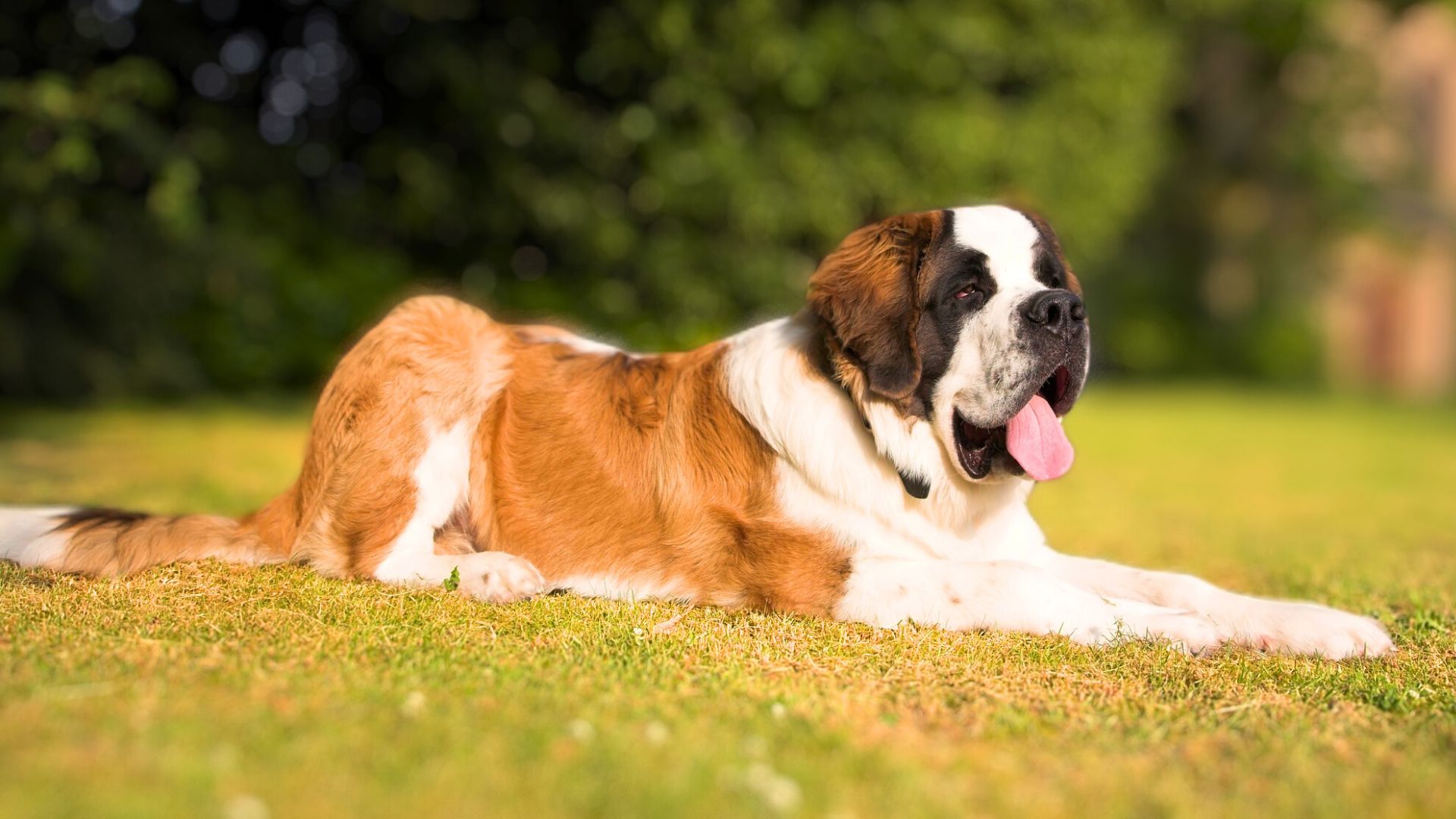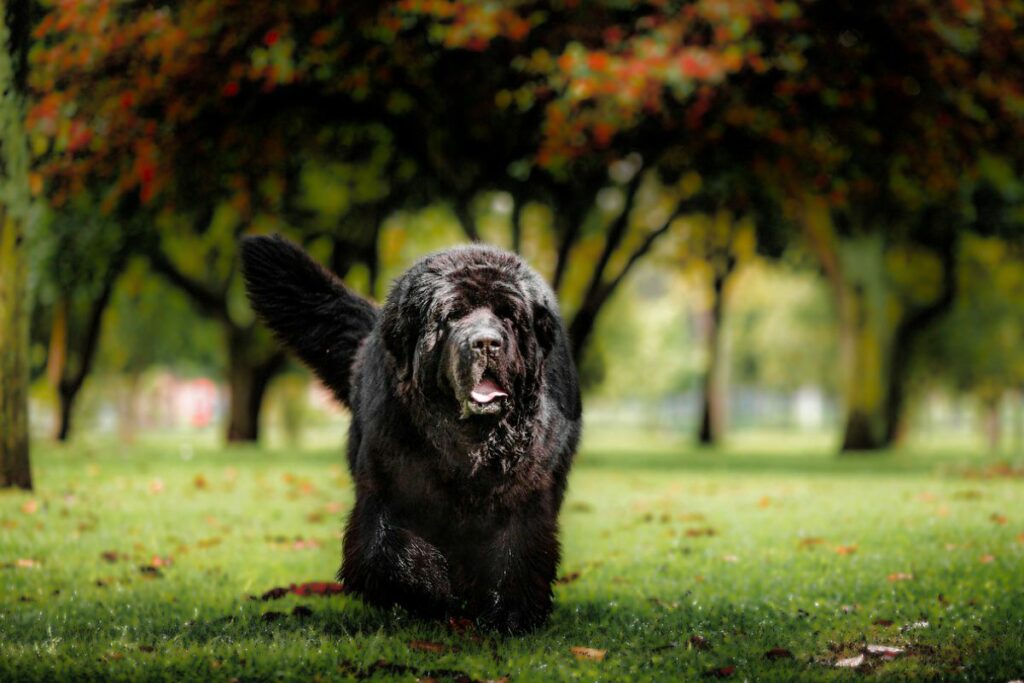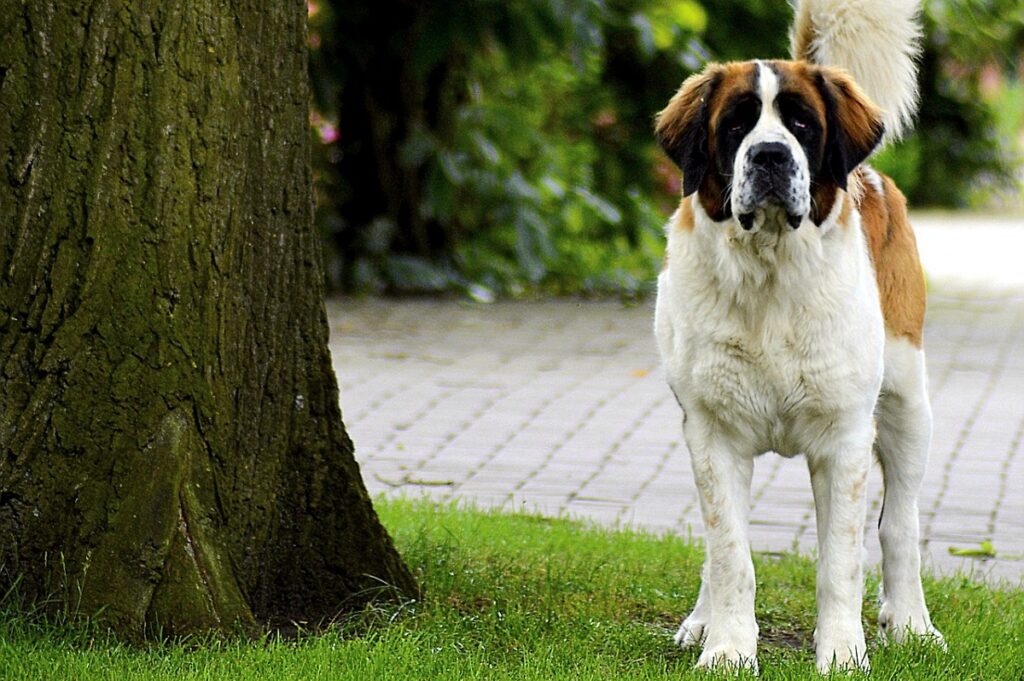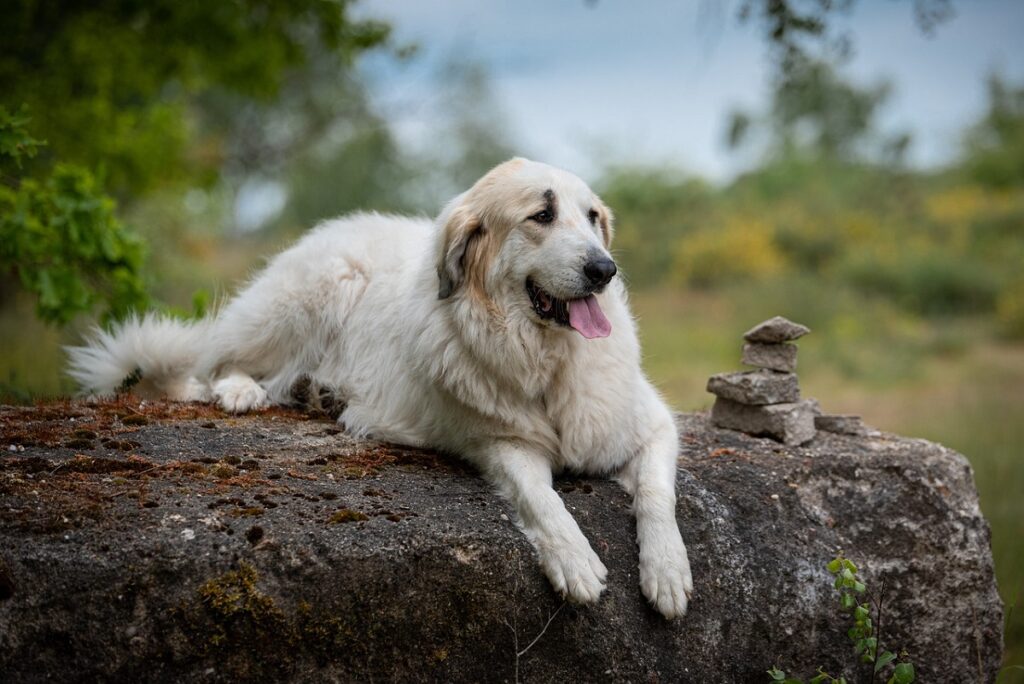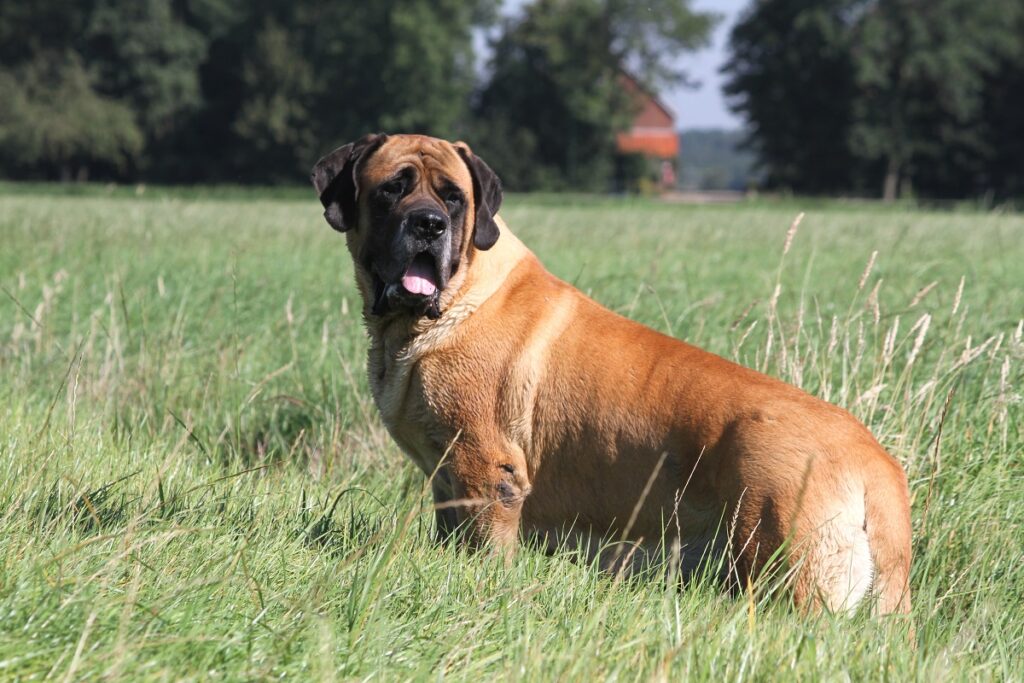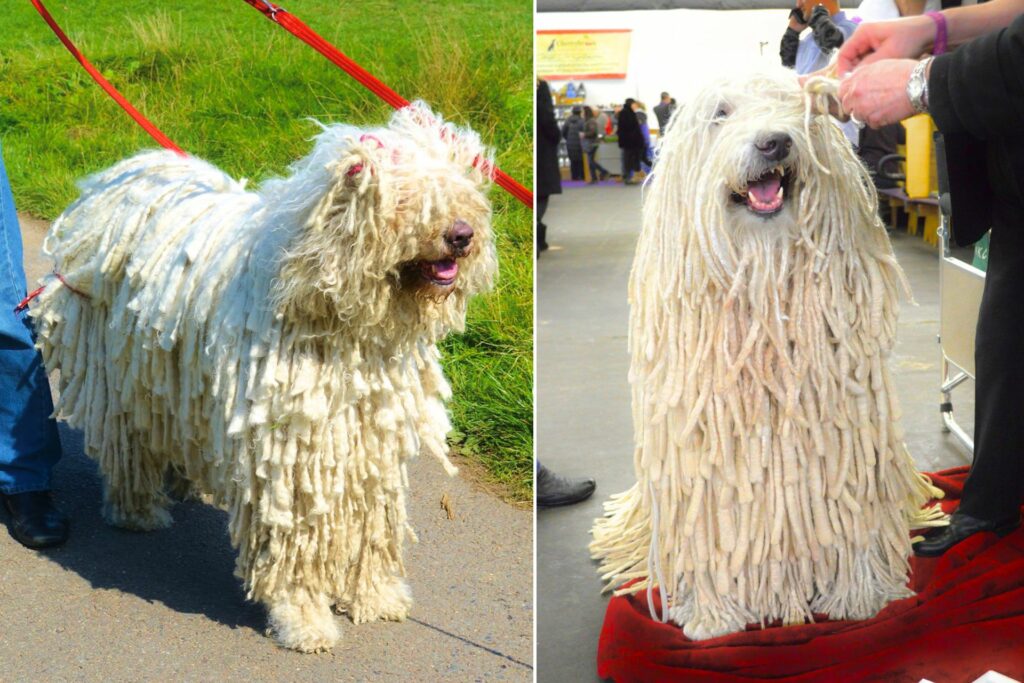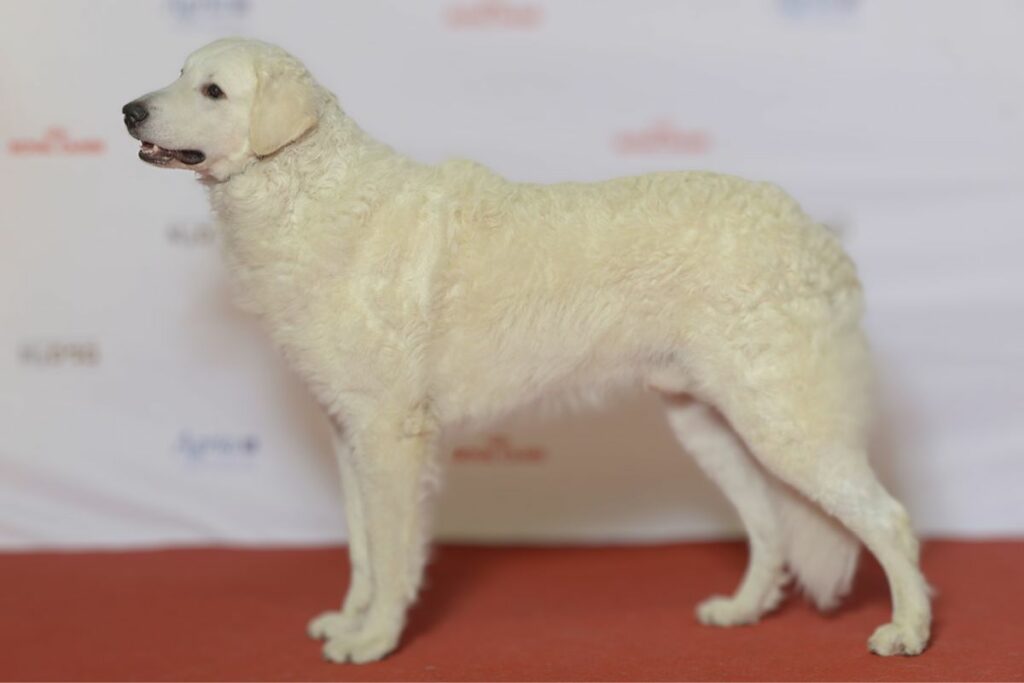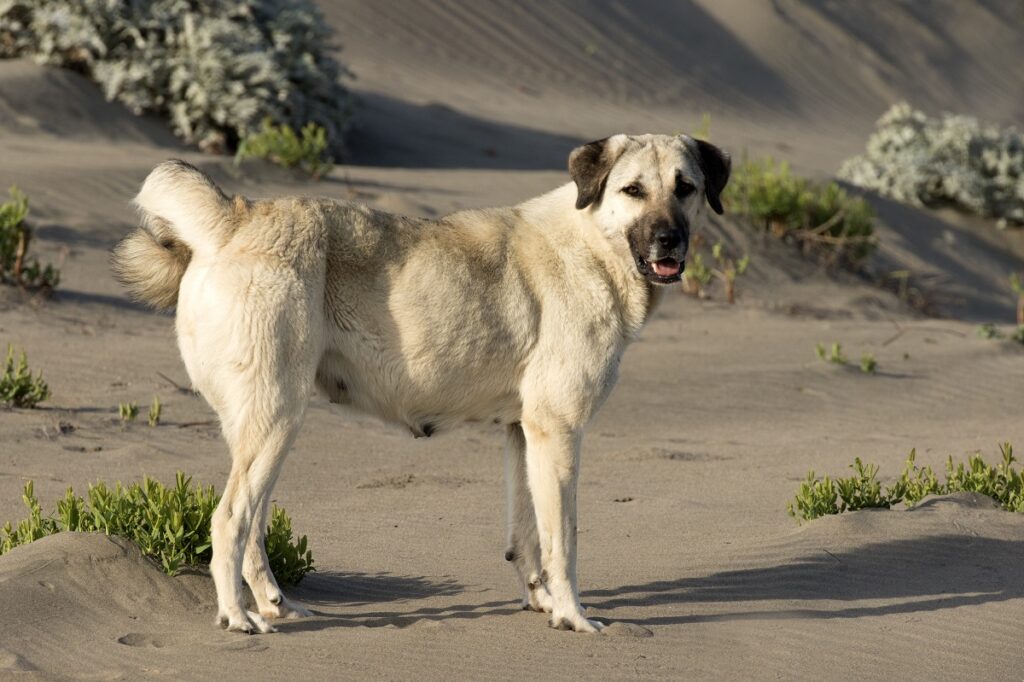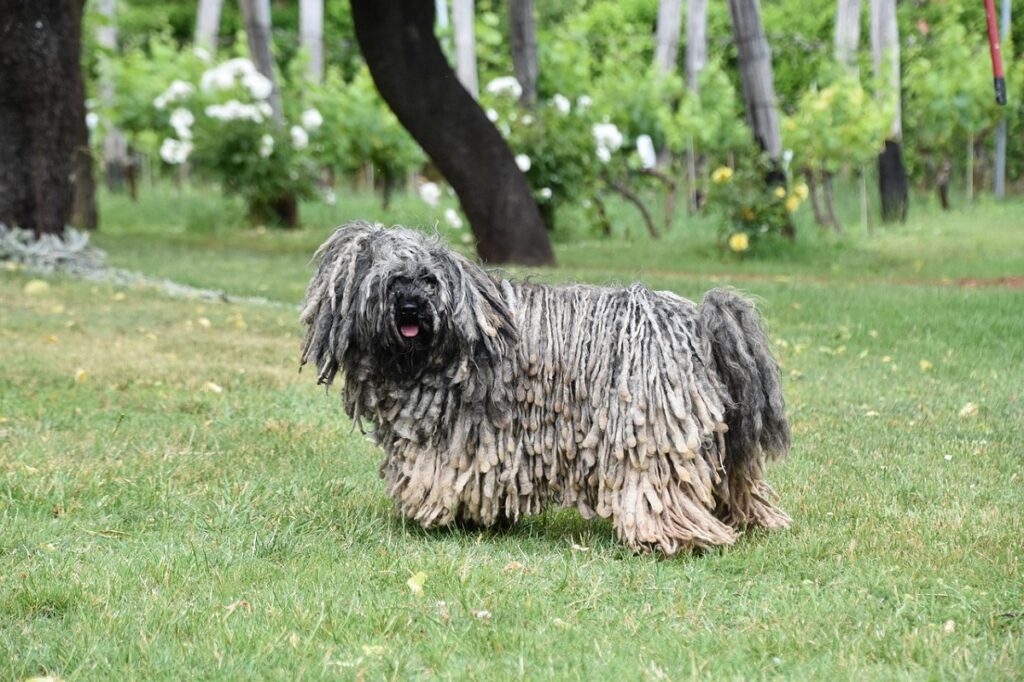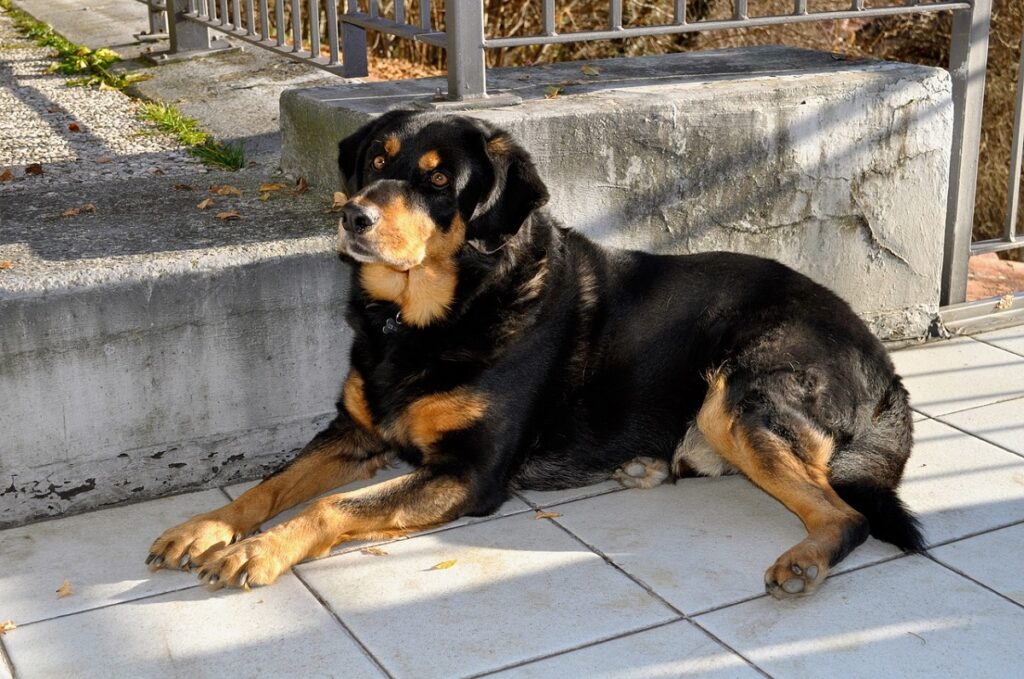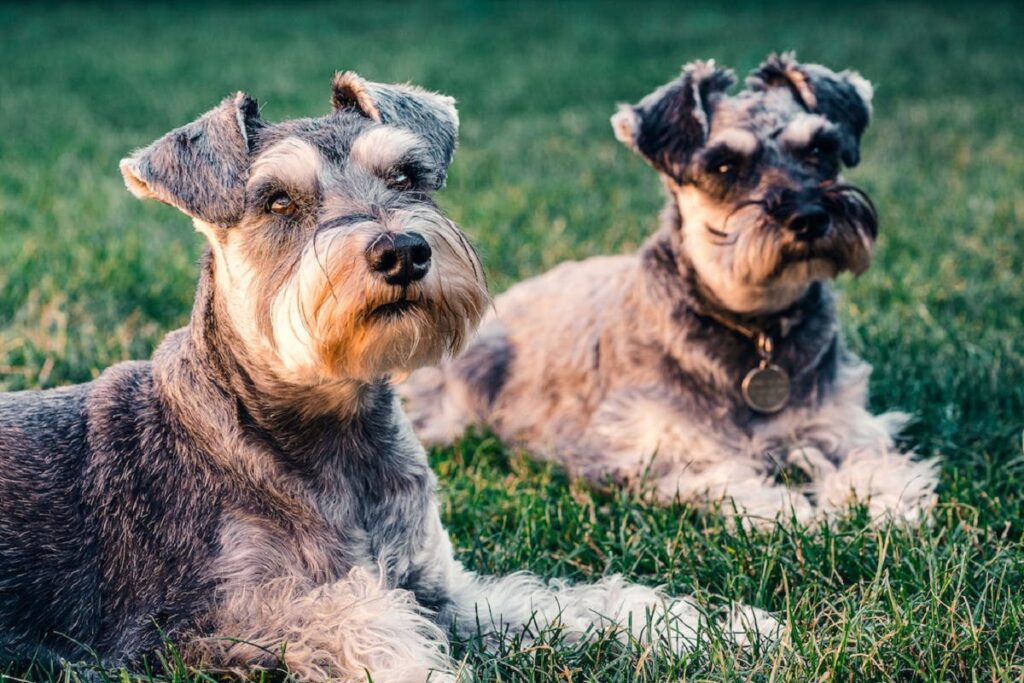Tired of hyperactive hounds bouncing off the walls but still crave the security of a loyal protector? Discover the top 10 low-energy guard dogs that prioritize home defense without the constant chaos. These breeds offer the perfect blend of calm demeanor and alert protectiveness, providing peace of mind without draining your energy. From sturdy, watchful guardians to surprisingly effective smaller breeds, find the perfect low-key companion to keep your home safe and sound – without sacrificing your sanity.
Looking for a guard dog with a calm demeanor? The key is to choose a breed that’s naturally protective yet can also relax and meld with the family. The best guard dogs are intelligent, trainable, and eager to bond with their owners. They should respond well to training while not requiring constant action to stay content.
If a low-maintenance yet dependable guard dog sounds right for you, consider breeds that offer the best of both worlds—a reliable protector that’s also a serene companion. Here’s a snapshot of the top low-energy guard dogs that are sure to keep your home safe without the high octane.
Low-Energy Guard Dogs
Let’s dive into the best low-energy guard dogs that will bring both peace of mind and a peaceful presence into your home.
1. Newfoundland
Newfoundlands, often called “Newfies,” are gentle giants with a calm and loyal nature. Their intelligence and strength make them natural guardians, especially known for being watchful over children, earning them the affectionate nickname of “nanny dogs.” Despite their size, Newfies aren’t overly energetic and are happy with moderate daily exercise.
They possess protective instincts but balance this with a tranquil demeanor, making them suitable for families, whether active or more relaxed. However, due to their large size, they thrive best in homes with enough space to accommodate them comfortably.
2. Saint Bernard
St. Bernards may not be the typical guard dog breed, but their loyalty and natural protective instincts make them great for watching over a family. They’re alert and will bark to notify you of anything unusual, providing a solid first line of defense against intruders. Known for their gentle, easygoing nature, they’re excellent with kids and embody the ideal family pet.
They’re protective, making them good at short-term guarding tasks, but they lack the stamina for long-term guard duty. This makes them well-suited to families looking for a dog that is protective yet calm and low-energy. With their remarkable strength, intelligence, and gentle demeanor, St. Bernards are devoted protectors, especially of children. If you don’t mind a little drool, a Saint Bernard could be the ideal companion and guardian for your home.
3. Great Pyrenees
The Great Pyrenees were originally bred for nocturnal work and guarding flocks, and thus, the breed often displays a preference for being active at night. This natural inclination can be advantageous for home security, as they tend to bark and remain more alert in the nighttime hours, potentially deterring unwanted visitors while you rest.
Renowned for their protective nature, especially with children, the Great Pyrenees make for an excellent family guard dog. They are serene and gentle and show great patience, making them suitable for families with kids. Despite their size, they don’t demand much exercise but maintain an alert and watchful demeanor.
4. Mastiff Breeds
Mastiff breeds are known for their alertness and innate protective nature, making them great guard dogs. They’re naturally inclined to defend their territory and the people in it. Despite their reputation as formidable protectors, Mastiffs often enjoy a more laid-back lifestyle and can be quite content to relax indoors when there’s no perceived threat.
These dogs may be more inclined to stay indoors and unwind rather than go for long walks. They’re known for being playful and loving with their families, and they’re typically gentle with children.
However, it’s important to note that not all Mastiffs are the same. While some are more low-energy, others are more active and vigilant. If you’re considering a Mastiff, here are some popular breeds:
- Neapolitan Mastiff
- Tibetan Mastiff
- Boerboel
- Dogue de Bordeaux
Each has its own unique characteristics and energy levels, so it’s essential to choose one that fits your lifestyle.
5. Komondor
The Komondor is a robust Hungarian breed developed to protect livestock. This dog is both loyal and courageous, known for being a vigilant guardian of its family. In modern homes, Komondors serve as reliable guard dogs, offering protection and companionship.
Despite their size and strength, Komondors are not particularly high-energy. They are capable of quick action to fend off threats but are usually quite sedentary, preferring to watch over their domain calmly. A big yard isn’t a necessity for them, but they do need regular walks—about two or three times a day—to stay healthy and content.
6. Kuvasz
The Kuvasz may not be widely known, but it’s a great choice for those seeking a guard dog without the high energy levels of more common breeds. Bred for guarding, they are naturally protective of their home and family. If raised alongside children and other pets, they are both gentle and watchful.
Kuvaszok are smart and have strong protective instincts, making them top-notch guard dogs. They are known for their loyalty and may even put themselves at risk to protect their owners. While they don’t require constant activity, Kuvasz dogs do need their exercise, with daily walks or yard play, to keep them happy and healthy for about an hour each day.
7. Anatolian Shepherd
Anatolian Shepherds are the epitome of the guardian breed—protective and territorial, yet also smart, patient, and deeply loyal. These powerful dogs are unparalleled in their role as guard dogs. They’re natural watchdogs with a size and bark that naturally deter intruders and will stand their ground to defend their family if necessary.
Known for their calm and watchful nature, Anatolian Shepherds are intelligent, and while they may be reserved around strangers, they show a softer, affectionate side to their families. They’re not a high-energy breed; in fact, they’re quite content to lounge around for hours, making them suitable for families looking for a vigilant yet low-maintenance companion.
8. Puli
The Puli, known for its distinctive corded coat, is smaller than the Komondor but no less loyal. These dogs are home-loving at heart and prefer the comfort of their own space, enjoying relaxation as much as a casual walk in the park.
Pulik, the plural of Puli, are naturally sweet but cautious around strangers, necessitating early socialization to ensure they’re well-behaved around children and other pets.
They are not only eager to learn and please their owners but also adaptable, fitting well into various living situations. While they’re bred to be livestock guardians and are protective of their families, Pulik are also fun, energetic, and playful, often alerting their owners to strangers with a bark.
9. Rottweiler
Rottweilers are robust and formidable, renowned for their courage and vigilance, making them natural guard dogs. They epitomize the role with their strong build and fearless demeanor, coupled with a look that can deter any threat. Originally bred for guarding, Rottweilers have a territorial instinct, but with the right training and socialization, they reveal a gentler, affectionate side.
Their energy varies with age; Rottweiler puppies are lively and need plenty of play and exercise, while adults tend to settle down, becoming more measured and attentive. Training is crucial in shaping a well-behaved Rottweiler, guiding their temperament to ensure they are both a loving family member and a reliable guardian.
10. Standard Schnauzer
Schnauzers are smart, self-assured dogs with a noble bearing. They’re fiercely loyal and have an instinctive urge to guard, making them great for protection roles. Standard Schnauzers, in particular, are wonderful with kids, bringing a mix of playfulness and patience to their interactions.
While they’re quick learners and devoted companions, Standard Schnauzers have a streak of independence and may sometimes seem stubborn. They need mental stimulation and daily physical activity to stay content and avoid any problem behaviors. Just half an hour of exercise or interactive play each day can help keep them balanced and happy.
Are Low-Energy or High-Energy Guard Dogs Better?
Low-energy guard dog breeds may have a more laid-back approach, but they’re no less capable of keeping watch. Their protective nature is ingrained, not defined by their zest for activity. These dog breeds offer similar alertness and protective instincts as their high-energy counterparts traditionally used in security roles.
While they may not match the intense drive and endurance of breeds like German Shepherds, known for their work in law enforcement and the military, low-energy guard dogs excel in home settings. They adapt well to family life and are easier to train, making them particularly suitable for less active owners seeking a loyal guardian.
Conclusion
Low-energy dog breeds can be as effective in protection roles as their high-energy counterparts. While they may not share the intensity of German Shepherd dogs or police dogs, they possess strong guarding instincts often seen in other breeds.
These calm canines can integrate well as a family dog, often getting along with pet dogs and other animals when introduced at a young age. Some, considered rare or ancient breeds, offer a unique blend of heritage and capability.
As protection dogs, they offer a quieter form of security without constant activity, making them a valuable and less demanding guardian for any home.
Ultimately, choosing the right low-energy guard dog depends on your specific lifestyle and living situation. While these breeds require less exercise than high-energy counterparts, they still need regular mental stimulation and training to thrive. Their innate protective instincts, combined with a manageable activity level, make them excellent choices for individuals and families looking for a loyal companion who enhances home security without demanding constant attention or extensive outdoor space. Remember to research thoroughly and select a breed whose temperament and needs align with your capabilities, ensuring a harmonious and safe environment for both you and your new furry protector.

